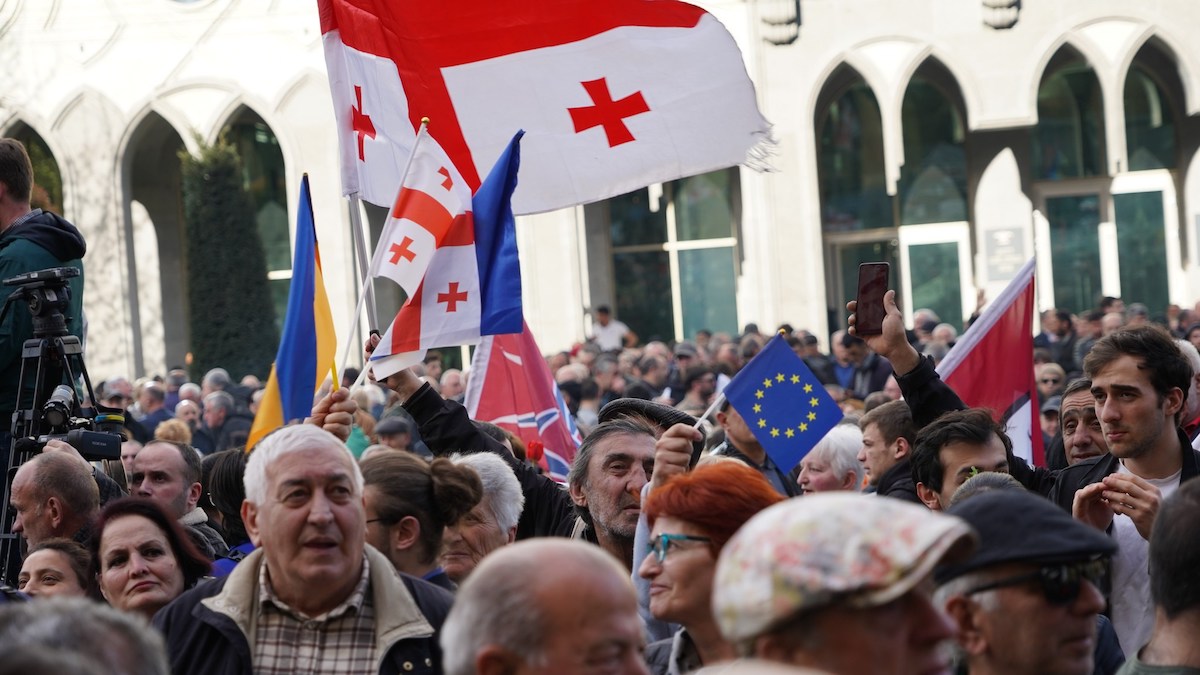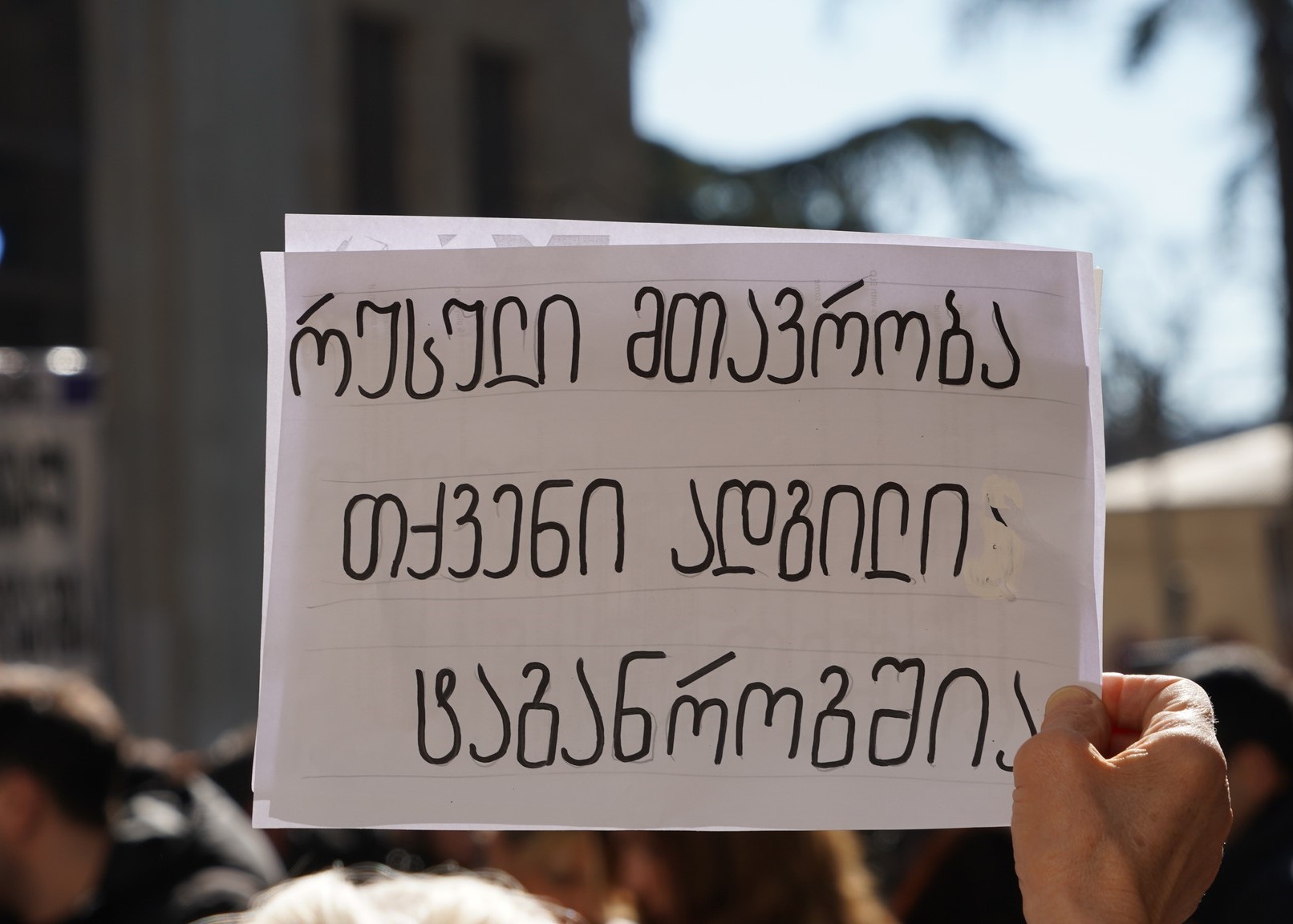81% of the population supports Georgia's accession to the European Union - CRRC poll
CRRC survey
According to a study conducted by CRRC-Georgia, as of March 2023, 81% of the population supports Georgia’s accession to the European Union.
The answers were distributed as follows:
- 81% support
- 8% – do not support
- 5% – I don’t care
- 6% – don’t know / refuse to answer
The study was conducted by CRRC Georgia on behalf of Zinc Network. Zinc Network operates the USAID Information Enhancement Program, which aims to increase public resilience to disinformation and propaganda and improve the information environment. As part of the study, 2757 personal interviews were conducted throughout Georgia (except for the occupied territories) from January 11 to February 8, 2023 in the Georgian, Armenian and Azerbaijani languages with an average error: +/- 2.4%. In addition, CRRC Georgia conducted a telephone survey of 1048 respondents across Georgia on March 10-14, 2023 in Georgian with an average error of 2.6% in this part of the survey. The survey results are representative of the entire population of Georgia, except for the occupied territories.

According to the study, the expectation of an improvement in the economic situation remains the main motivation for joining the European Union.
- 55% – My economic situation will improve
- 33% – Quality of life in Georgia will improve
- 30% – There will be better job opportunities
- 27% – Georgia will be better protected from external threats
- 18% – I will be able to travel to the EU without a visa
- 16% – More likely to restore territorial integrity
- 9% – Georgian culture and traditions will be better protected
- 3% – Ecology will improve

According to the study, as of March 2023, 43% of the population surveyed believe that the ruling Georgian Dream party is not doing enough to fulfill the twelve recommendations of the European Commission.
- 43% – Georgian Dream is not doing enough to meet the requirements of the European Commission, because this means weakening their power
- 25% – “Georgian Dream” is doing everything to meet the requirements set by the European Commission (for Georgia to obtain the status of a candidate for the European Union).
- 11% disagree with any of these statements
- 20% – don’t know/refuse to answer
According to the same study, a large part of the population believes that the European Commission had in mind the founder of the Georgian Dream, Bidzina Ivanishvili, when recommending deoligarchization:

To the question “Who do you think the European Commission considers an oligarch?” 45% of the respondents answered that Ivanishvili, 37% do not know an answer to this question, and 4% refuse to answer. The rest of the respondents named various other people, including ex-President Mikheil Saakashvili (8%).
CRRC survey
Also, regarding the recommendations of the European Commission, 26% of respondents consider the reduction of polarization to be the highest priority, 14% – ensuring fair elections, 8% – ensuring an impartial court, 5% – de-oligarchization, 4% – consideration of decisions of the European Court of Human Rights.
According to a CRRC Georgia poll, a third of the population blames the Georgian Dream party more than the opposition for political polarization, and 28% believe that both parties are equally responsible:
- Georgian Dream is more responsible for the political polarization/split in Georgia than the opposition – 34%;
- The opposition is more responsible for political polarization/division in Georgia than Georgian Dream – 16%;
- Both bear the same responsibility – 28%;
- disagree with any of these statements – 5%;
- I do not know/refuse to answer – 17%.

51% of the population surveyed believe that the immigration of Russian citizens poses a threat to Georgia:
- 33% agree with this statement
- 18% – totally agree
- 17% – neutral
- 20% disagree
- 4% disagree at all
- 8% – don’t know / refuse to answer

According to the poll, most are concerned about Russia’s invasion of Ukraine and economic problems. Answers to the question about what worries the respondents were distributed as follows:
- 20% – Russian invasion of Ukraine
- 19% – unemployment
- 17% – inflation
- 11% – territorial integrity
CRRC survey





















